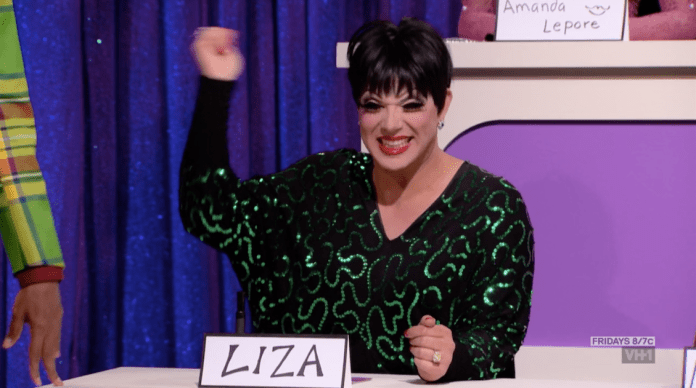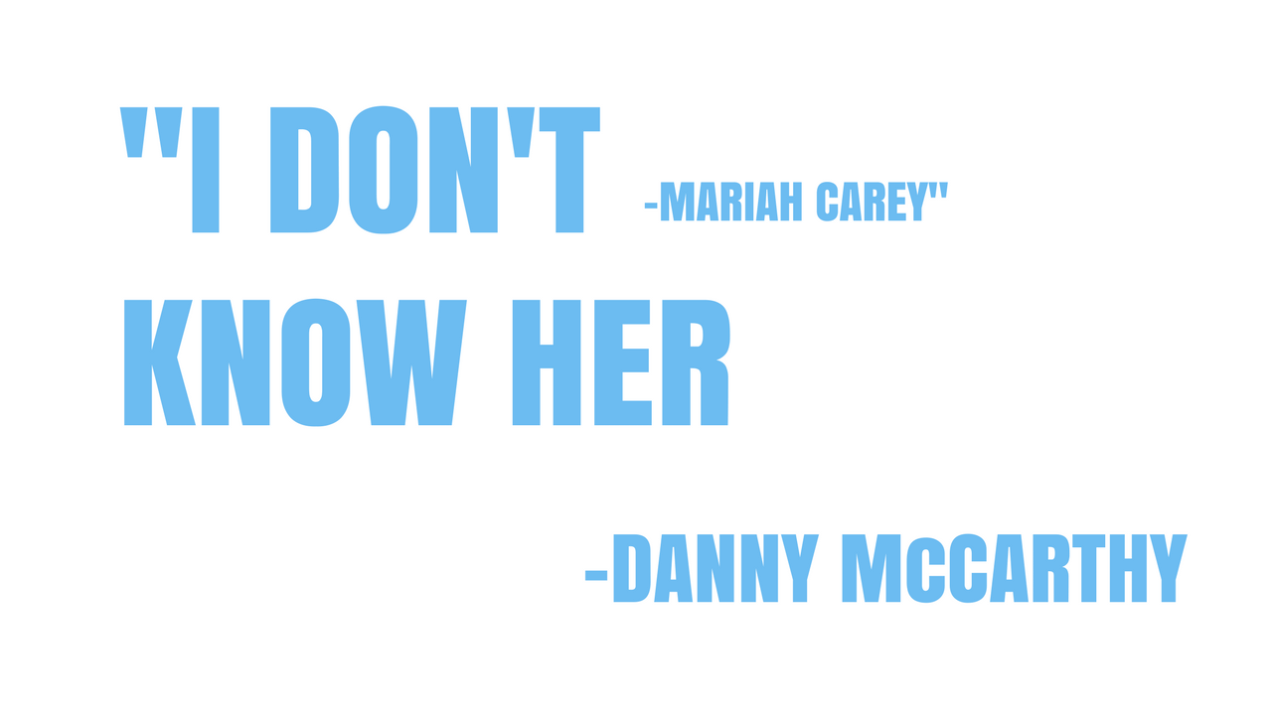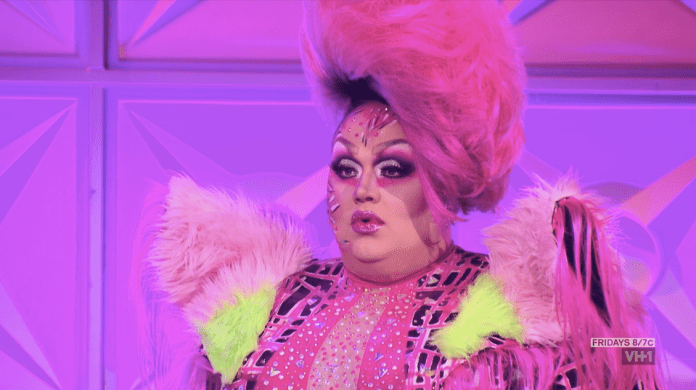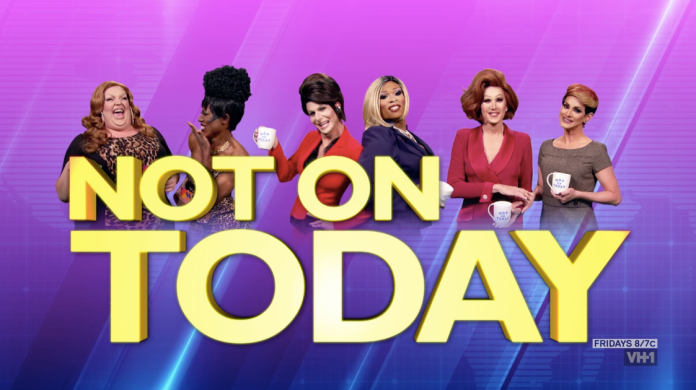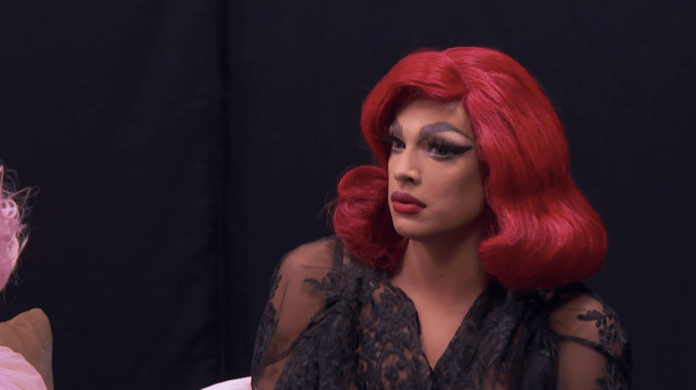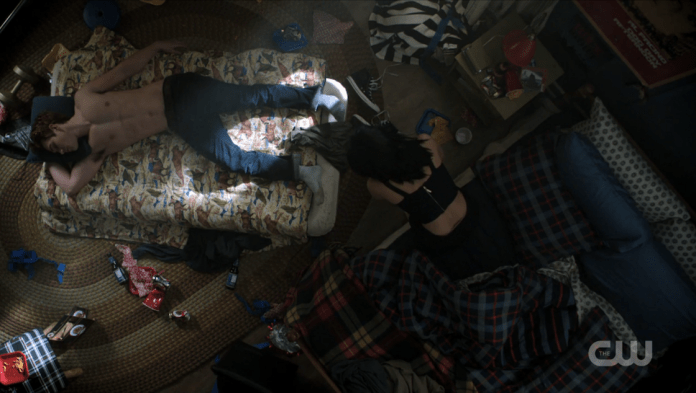Your Edges Are Officially Snatched (Game)
Grade: A
If you’re not watching Untucked on YouTube, then I don’t know what you’re doing. Because for some reason, the charisma and funniness of these queens aren’t translating in the editing of the main show in the same way that they do on Untucked. On Untucked, they’re being shady and fierce and kind, sometimes in the same breath, whereas on Drag Race, they feel a little watered down. Part of that is that Untucked encompasses probably an hour or two, whereas Drag Race has to squeeze several days into forty minutes.
And I truly believe that if I wasn’t watching Untucked, I would be 2.5x more bored with this season. Especially with the departure of Eureka, there aren’t any HUGE laughs or rivalries—there’s no Sharon versus Phi Phi, or Bianca, or Alyssa Edwards—but that’s part of the point of each new season. It’s a round of new girls, and a new flavor. So while we don’t have any of those queens, we have our Eurekas, our Sheas, our Trinitys.
Snatch Game, the gay drag version of Match Game, is historically a “sink or swim” moment for the queens. Being able to come up with jokes whilst staying in character (chaRUcter) as someone else is not something that every queen excels at, and rightly so. Snatch Game serves as the turning point of Drag Race by trimming the fat of filler-type queens. Usually Snatch Game is your time to A) solidify your place as a frontRUnner, B) be your burning effigy, or C) differentiate yourself as a contender if you’ve previously been floating. But in this case, I felt like it didn’t have any of the latter, and served mainly as reinforcement (RUinforcement) for my previous assumptions. Case in point, halfway through the episode I literally forgot that Aja was competing.
In Snatch Game:
- Aja as Alyssa Edwards: I don’t know why you would use a queen whom another queen had done two seasons previously, and done much better. The camera hardly cut to her.
- Alexis Michelle as Liza Minelli: Liza is such a crazy character, but Alexis sought to emulate her kindly rather than maliciously. Paid off handsomely.
- Farrah Moan as Gigi Gorgeous: The look was there 100 percent. But Gigi is such a subtle, understated kind of humor, and not immediately recognizable, that the entire thing fell flat. Her runway definitely saved her from lip-syncing.
- Nina Bo’nina Brown as Jasmine Masters: Funny but I thought there would be more. The camera didn’t cut to her, she never said, “I’m H-E-R-E!” or “No tea no shade, no pink lemonade” or “Panties, bitch”. And those are just the catchphrases I can think of off the top of my head. NO “RUPAUL HAD DONE FUCKED UP DRAG!”
- Peppermint as Nene Leakes: Nene Leakes is, no exaggeration, probably the funniest Housewife in the franchise, so I had no sympathy when the only catchphrase that Pep had was “Boop”. Where was the “Bye wig” or her fantastically elastic face, or anything!!
- Sasha Velour as Marlene Dietrich: The only time that Ru has ever asked what a queen’s backup option was, heard the backup and said, “Um, yeah stick to your first choice.” The look was right, and the humor was subtle, but great. Reminded me in a way of Katya’s Suze Orman, weirdly enough.
- Shea Coulee as Naomi Campbell: The look was t-h-e-r-e but I wish they had given her even more screentime.
- Trinity Taylor as Amanda Lepore: Didn’t get a ton of speaking time, but the look was so accurate I was aroused and afraid. Aka it was perfect.
- Valentina as Miss Colombia: Such a deep cut, but perfectly suited for Valentina’s manic energy. You kind of get the sense that if V doesn’t win, she might pull a Miss Colombia.
- Cynthia Lee Fontaine as Sofia Vergara: Part of the problem is that Cynthia can’t impersonate anybody. That’s kind of the point. But the other part of the problem is that Sofia Vergara is so close to who Cynthia actually is that there was nothing she could’ve ever done to make it work.
I think it’s kind of dumb to be mad at someone for accidentally copying another person’s look when you’re dealing with such a narrow scope—like Madonna—but after Kimonogate, you have to wonder why no one packed backups. It also didn’t escape me—a point confirmed in Untucked—that the better-looking individuals in each outfit double were declared safe. Shea and Trinity were Kardashians 2017 to Peppermint and Nina’s Kardashians 2007. Too mean. I’m sorry; that was a low blow. But re Trinity for a moment: I had my solid top 3 as Sasha, Shea and Valentina, (especially now that Eureka’s gone) but Trinity is really making me reconsider. Every episode, she makes me like her more and more, and now I’m conflicted!!
In the end, Alexis wins the challenge—thank god, or she might’ve murdered her competitors—but I can’t shake her attitude from last week’s Untucked where she blamed the other girls for her losing out on winning. This is a competition, sweaty pie. But her Liza was great and her Madonna look was stunning, so it’s a well-deserved win. I thought they would have crowned Sasha as this week’s winner too, but while her runway was GORGEOUS, her Marlene wasn’t funny enough (a shade too droll) to really compete with Alexis. Whatever, she won in my heart.
And in the bottom three, it’s Peppermint, Cynthia and Farrah. Farrah is declared safe and it’s Pep versus the Cucu. By this point, it’s clear that Cynthia is going home. It’s her second week doing the lip-sync, and several weeks in the bottom. But with the loss of Eureka burning in my brain, it’s still hard to let go of the Cucu. Love you Cucu!

Source: LogoTV // I almost didn’t pick this because the shadows on her face; but half of that is her own contour, so whatever #shade
Beautiful as a goddess and funny as a clown!
FINAL THOTS/STRAY OBSERGAYTIONS
- Did anyone notice Ru’s weird fucking laugh when she declared Nina safe? It was like she had Botoxed the living fuck out of her upper lip. I’m not mad at it.
- Apparently that fugly pink skirt Pep wore last week was borrowed from Alexis. The shade.
- Some tea: Mathu Andersen was Ru’s MUA and apparently he quit at the beginning of Season 9, and that’s the reason Ru’s looks have been a little more unpolished. I didn’t notice until someone else pointed it out.



